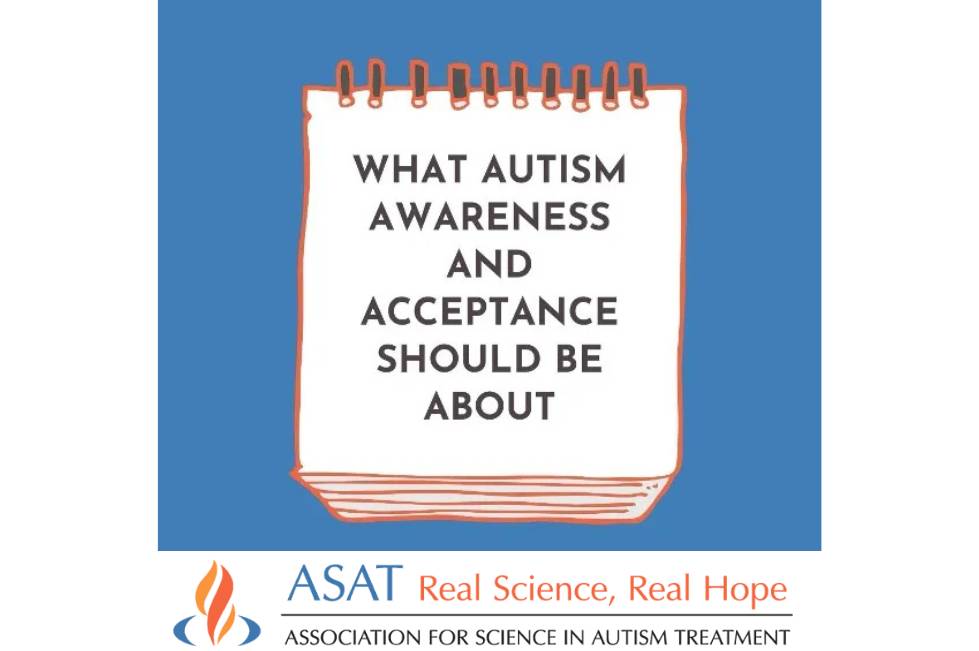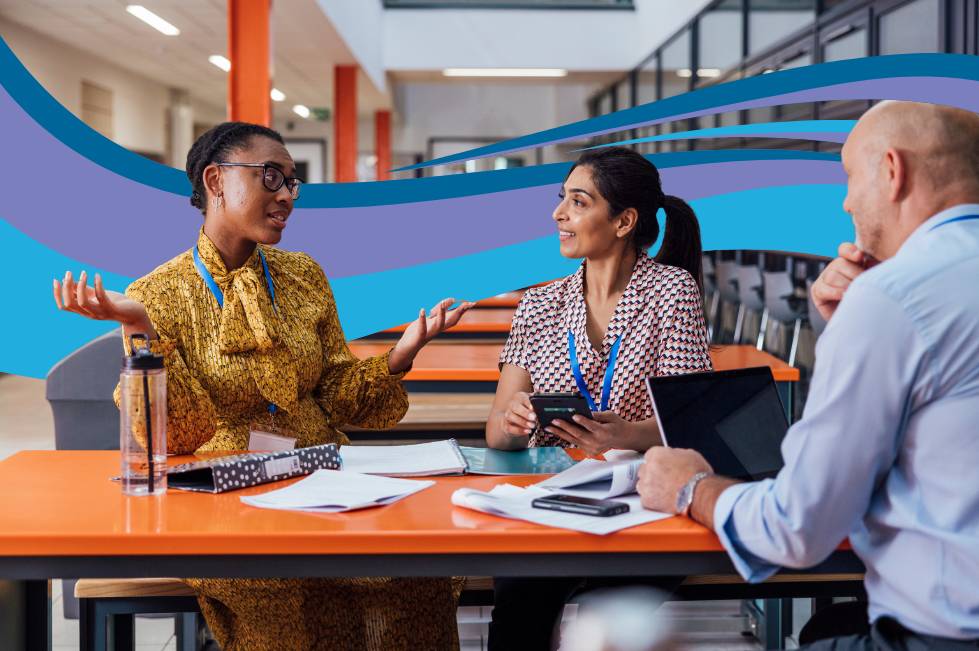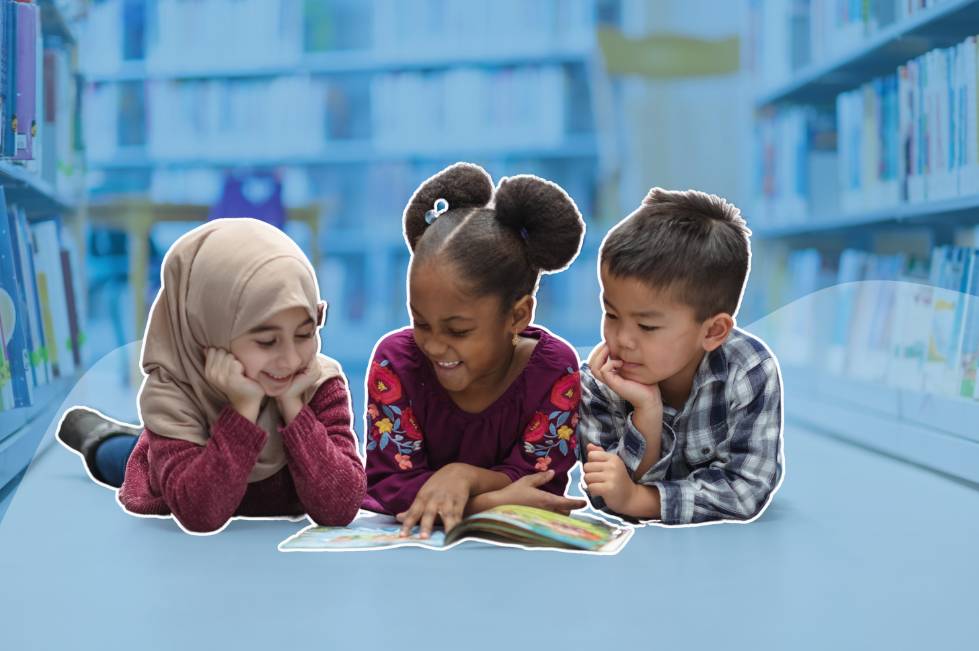START Connecting Articles
What Autism Awareness and Acceptance Should Be About
According to Governor Whitmer’s proclamation, it is Autism Acceptance month. Governor Whitmer was quoted in The County Press, “During Autism Acceptance Month, we encourage all Michiganders to learn more about autism, recognize the different strengths individuals with autism have to offer, and support our family, friends, and neighbors with autism. In Michigan, we believe everyone should have the opportunity to chase their dreams and lead rewarding, productive lives.”
Maximizing Engagement in Grade-Level Math for All Students
Research shows that when students are held to high expectations, they make greater progress in learning. In January 2025, the U.S. Department of Education recognized: "Inclusive educational practices rely on learning environments that are intentionally designed to hold high expectations for the success of each student through meaningful access to the general education curriculum and grade-level state academic standards.”
Read more about maximizing engagement in math for all students.
Teaching Toileting Skills to Young Children: Resources for Early Educators and Families
Developing toileting skills is one of the most important milestones for young children as they move toward independence. When a child transitions from diapers to a regular routine of toileting, it reduces time spent on diaper changes and the financial burden of diapers. It also opens up more time for learning and play in early childhood settings and increased opportunities for social and community activities as the child gets older (e.g., day camps, sleepovers).
A Spotlight on Family Resources
Families play an important role in helping children with autism throughout their lives. They often advocate for their child’s needs, such as accessing needed services, academic help, and social opportunities, while also guiding them to self-advocate and learn to have their own voice. When parents and caregivers have credible information and resources, they can better support their child in and out of school and make sure they get the help they need (Szlamka et al., 2024).
Taking Steps to Develop a Coaching Structure: Learning from One District’s Experience
The START Regional Collaborative Networks (RCN) have priorities they work on each year through our partnership. One priority is to establish a Coaching Structure. This structure involves recruiting and training building coaches, as well as offering ongoing professional learning and support to help coaches work closely with building teams and classroom staff.
Writing Your Story with Peer to Peer Resources
Are you ready to join over 600 buildings statewide with a Peer to Peer program, or enhance your existing program with fresh activities? Either way, START has excellent resources to explore! Before you begin, keep this STARTism in mind: START Somewhere and START Now. Each Peer to Peer program has their own unique story that has been written and edited over time, but they all began by taking their first step. We invite you to take that step today!
Partnerships: We Can Do More Together
Partnerships are essential in driving meaningful, systems-level change for autistic and neurodivergent students in Michigan. By bringing together diverse perspectives and resources, partnerships foster collaboration and innovation in a way that allows us to leverage each other’s strengths and achieve goals that would be difficult to accomplish separately.
Learning from the Pandemic: Creative Approaches to Peer to Peer
When unexpected situations arise, it creates opportunities to adjust our practices and work in new ways. Although the pandemic presented many hardships for schools, students, and staff, the challenges inspired innovation and tenacity in an attempt to persevere and maintain important connections. This was especially true of peer engagement among students with and without disabilities...
Read Learning from the Pandemic: Creative Approaches to Peer to Peer
Revealing the Double Empathy Problem
At age 2, my son’s first words didn’t seem to “stick.” He wasn’t imitating speech sounds, and his response to his name became less reliable. During the preschool years, his teachers noted his solitary play, difficulty sitting for circle time, and sensitivity to the feel of sunscreen and certain types of clothing. As a speech-language pathologist, I knew these observations were consistent with autism, but I resisted the diagnosis...
Collaborative Planning for Inclusive Lessons
When we support students with Individualized Education Programs (IEPs) in the Least Restrictive Environment, we are committed to identifying opportunities for meaningful engagement with general education content. Intentional, systematic planning is needed to ensure all students, including those with extensive support needs, are active members of the classroom with authentic opportunities to learn alongside peers...
Read more about Collaborative Planning for Inclusive Lessons
Behavioral Response Scripts: Whose Line is it?
Did you know that approximately ⅔ of the content on the nine major streaming platforms is scripted programming? Yet many of us still enjoy a good unscripted program, like House Hunters or Real Housewives. Why do we like unscripted TV? Is it because of the voyeuristic nature of watching a couple decide which home to buy or to escape our day-to-day reality and see how the “other half” lives? Maybe! Unscripted shows have a time and place, but not at school...
Regional Collaborative Networks: Creating Stronger Communities to Support Students
When the START Project launched in 2001, we wondered how a small team of START staff could address the needs of students with autism in a large, diverse state. As we connected with ISDs and districts across the state, we immediately knew that our best hope of supporting students with autism in every part of Michigan was by working regionally with the staff and administrators embedded in schools. They were our best resource as they knew their communities, students, and families best...
Resource Feature: Association for Science in Autism Treatment (ASAT)
This is the 25th anniversary of the Association for Science in Autism Treatment (ASAT), an organization and website dedicated to helping individuals with autism spectrum disorder (ASD) access effective and ethical interventions that are supported by scientific evidence. ASAT is a not-for-profit organization committed to disseminating evidence-based information and advocating for the use of scientific methods to guide decision-making and combat inaccurate information about interventions...
iQuest: Begin your Independence Quest
START is happy to introduce the iQuest, or independence Quest! The iQuest is an electronic and updated version of the Passport. The Passport was designed as a physical booklet, where teams and families identified relevant independence and self-advocacy goals by grade level and tracked them. While the Passport helped schools and families address important, age-appropriate independence skills, we received feedback...
LRE and Belonging Practices Across the Lifespan
To create inclusive environments that foster belonging, we can no longer consider it standard practice for students, from early childhood to adulthood, to be removed from their natural settings because of a label, test scores, behavior, or ways of communicating (Taub, 2021). IDEA indicates a strong preference for educating children with disabilities in regular classes alongside their peers without disabilities in the definition of Least Restrictive Environment.
Read more about LRE and Belonging Practices Across the Lifespan.
What’s happening in ‘23-24!
With so many schools starting at different times, we know some of you have been in school for nearly a month while others are just getting started. Wherever you are in the schedule - welcome back! We are eager to reconnect through trainings, Communities of Practice (CoP), Regional Collaborative Network (RCN) meetings, and various projects.


[1742479952].jpg)
[1740516271].jpg)
[1736783070].jpg)







[1706029709].jpg)



